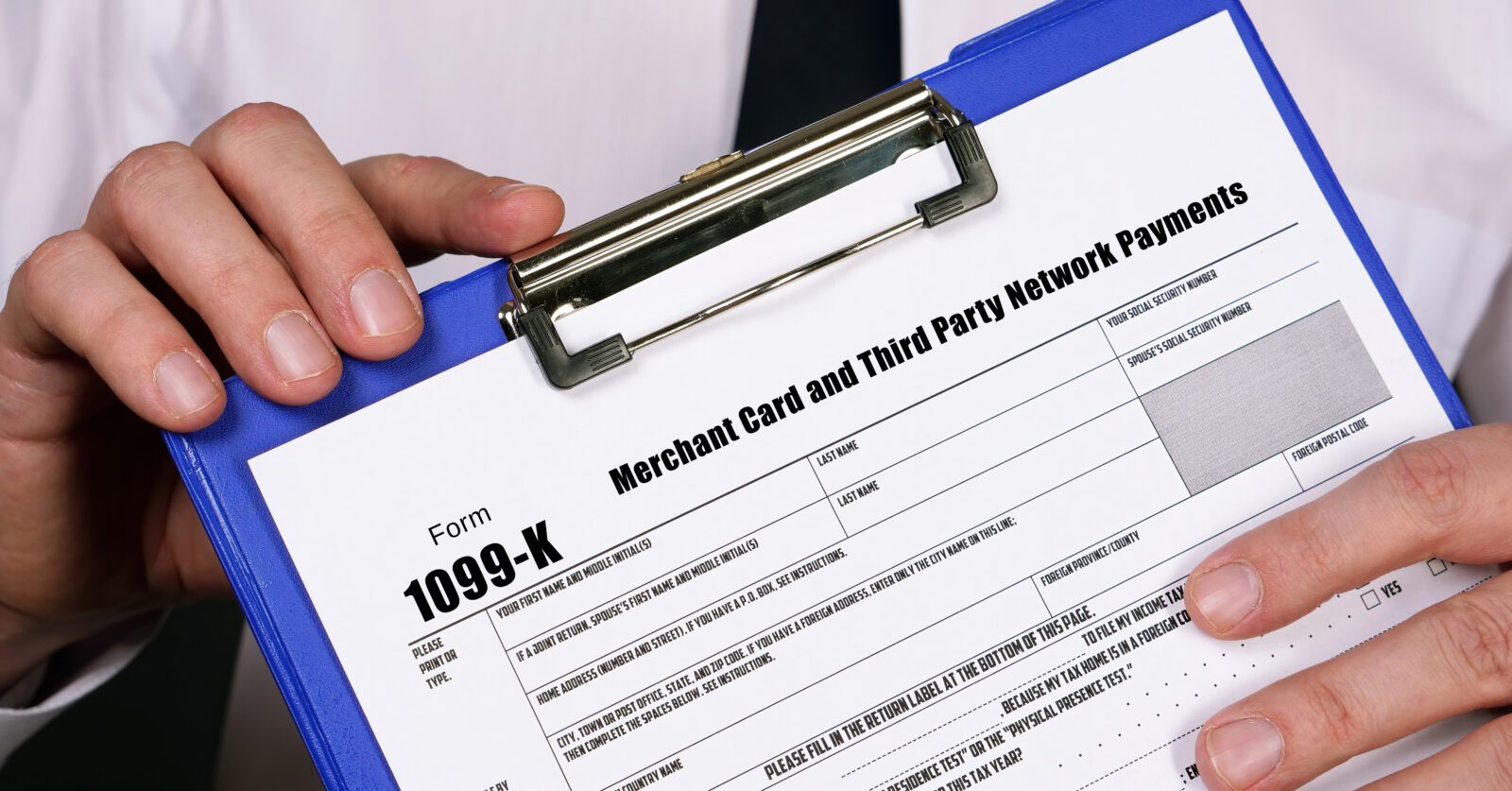The Advantages of Using a Mileage Tracker
The Advantages of Using a Mileage Tracker
Blog Article
The Advantages of Using a Mileage Tracker
In today’s dynamic world, monitoring your mileage is important for many professionals, businesses, and even everyday drivers. Whether you’re self-employed, manage a fleet, or prefer better organization, a mileage tracker can offer significant benefits. Let’s delve into the key advantages of using a mileage tracker and why it’s a tool worth exploring.
1. Precise Mileage Tracking
One of the biggest advantages to use a MileageWise is its capacity for precise record-keeping. Recording mileage by hand can be subject to mistakes, whether it’s missing a journey or miscalculating distances. Mileage trackers automate the process, ensuring trustworthy results. This is especially useful for filing taxes, as the IRS and other revenue authorities often expect meticulous documentation to support mileage deductions.
2. Enhanced Tax Benefits
For self-employed individuals and companies, mileage is a substantial tax-deductible expense. A mileage tracker ensures all eligible trips are documented, allowing for maximum tax deductions. By providing detailed logs, these tools can lower your expenses during tax season and stay compliant with regulations.
3. Effortless Logging
Tracking mileage by hand is a tedious process. A mileage tracker automates this task by automatically recording trips. Many apps can distinguish between personal and business trips, allowing users to focus on their work rather than paperwork. The hours spared can be redirected to more productive tasks, boosting overall efficiency.
4. Enhanced Expense Management
MileageWise often come with features that sync seamlessly with bookkeeping tools, helping you control spending. By offering insights into travel costs, fuel usage, and trip frequency, these tools facilitate improved decision-making. For organizations, this can lead to more strategic decision-making and improved resource allocation. 
5. Better Monitoring for Fleets
For companies with fleet operations, a mileage tracker promotes accountability. Fleet managers can track employee trips, maintain policy compliance, and pinpoint optimization opportunities. This visibility helps reduce unauthorized use of company vehicles and ensures fair reimbursement practices.
6. Eco-Friendly Practices
By studying driving habits, mileage trackers can show areas for route optimization, lowering expenses and minimizing environmental impact. Organizations can use these insights to develop greener strategies and bolster their CSR reputation.
7. User-Friendly Features
Modern mileage trackers are designed with user convenience in mind. Features like automatic trip detection, cloud storage, and detailed reporting make these tools easy to use for individuals and businesses alike. Many apps also are accessible anywhere, making them highly convenient.
Conclusion
Using a mileage tracker is a wise investment for anyone wanting to improve travel efficiency, reduce tax burdens, and boost productivity. With accurate records, effort reduction, and enhanced financial management, these tools provide a comprehensive solution for tracking and optimizing mileage. Whether you’re a freelancer, a small business owner, or part of a large organization, a mileage tracker can be an indispensable resource in meeting your objectives.